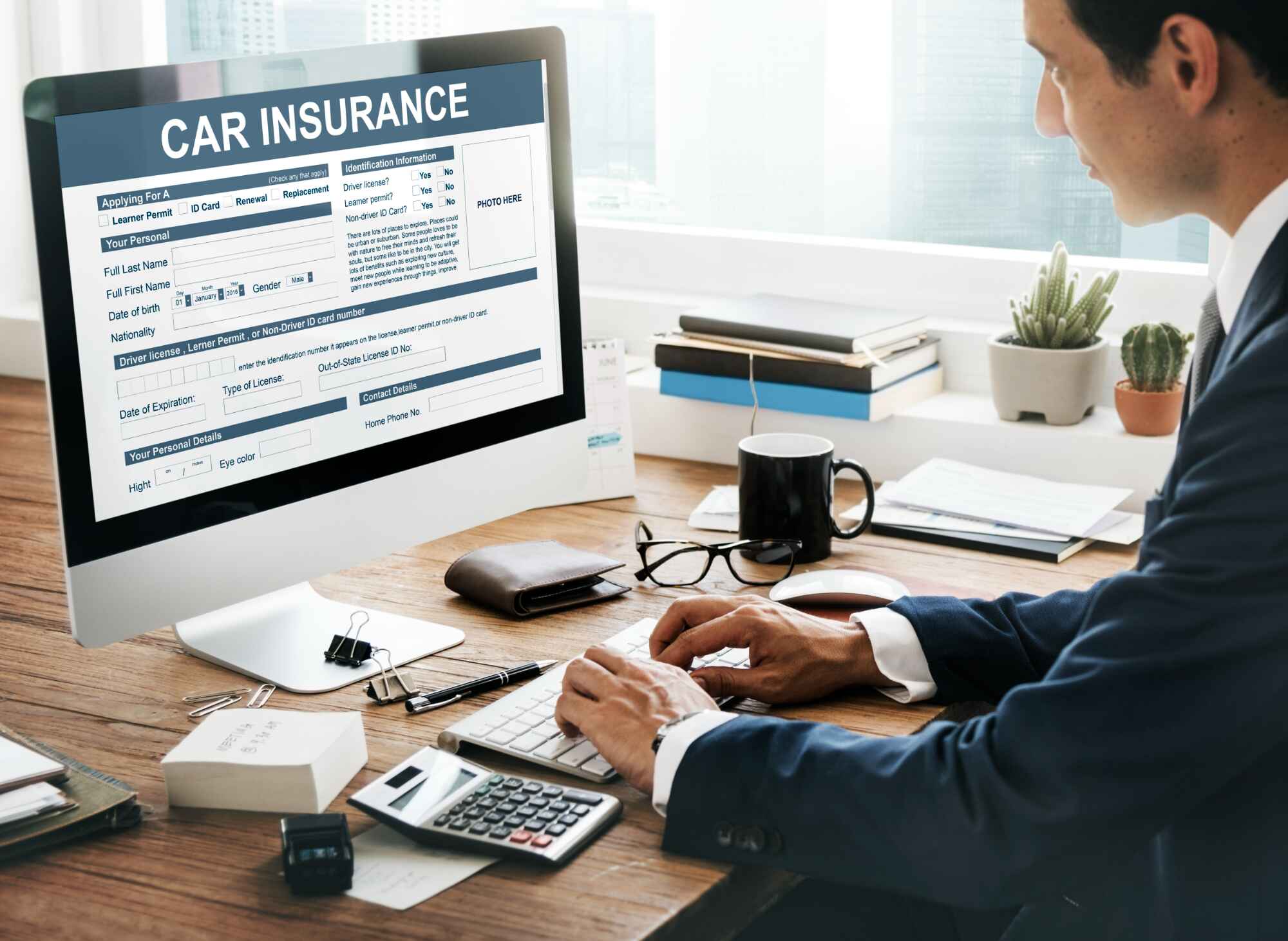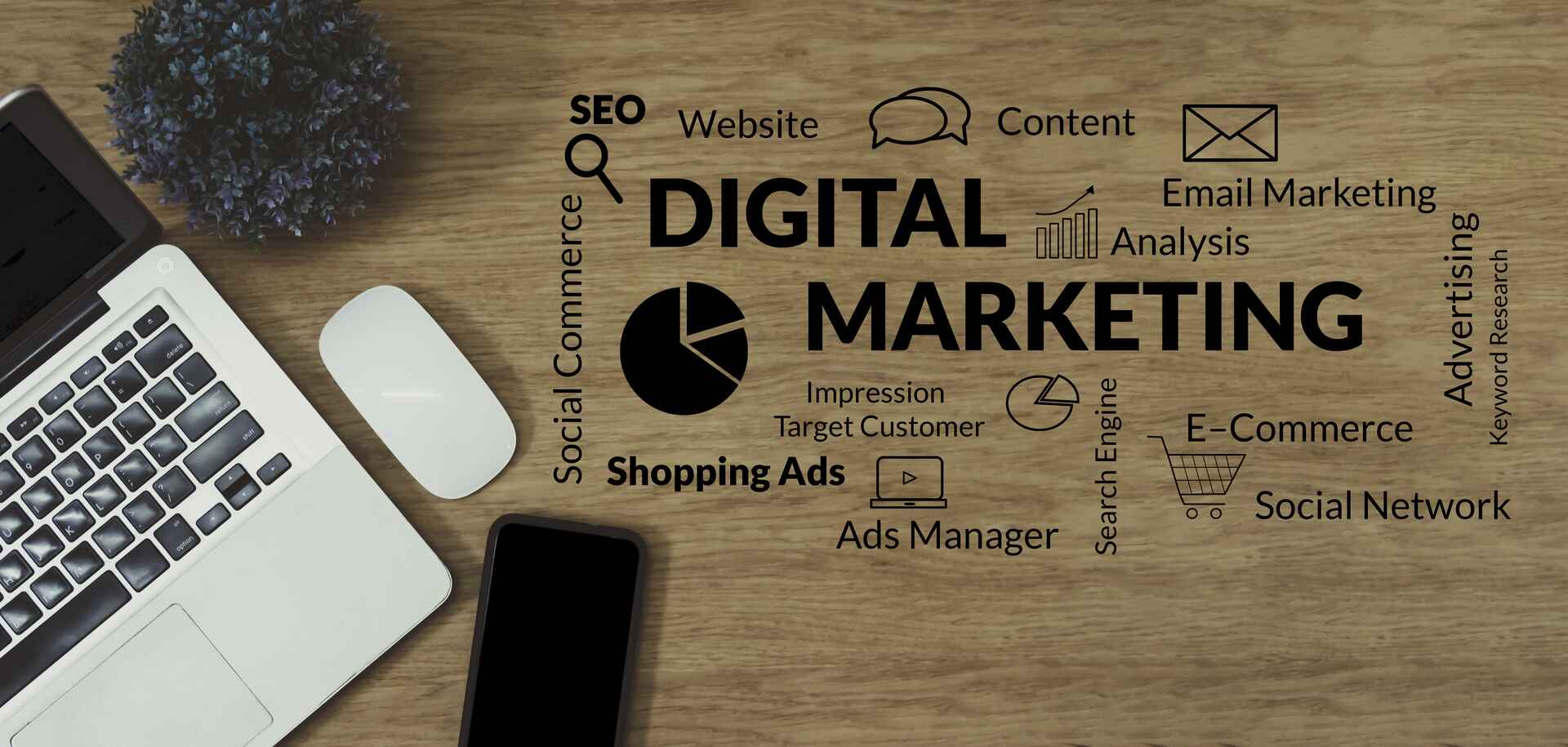In today’s competitive market, growing your small business means staying ahead—and an ERP for small business can be just the tool you need. ERP software doesn’t just manage inventory; it streamlines everything from sales forecasting to customer relationships, helping you make smarter, faster decisions.
Imagine having all your business data, marketing insights, and customer information in one place, you are ready to boost your sales. With an ERP for small business, you can automate lead tracking, improve team collaboration, and enhance the customer experience—all with a few clicks! Let’s dive into how the right ERP can transform your sales strategy and help your business thrive.
1. How ERP for Small Business Enhances Sales Forecasting
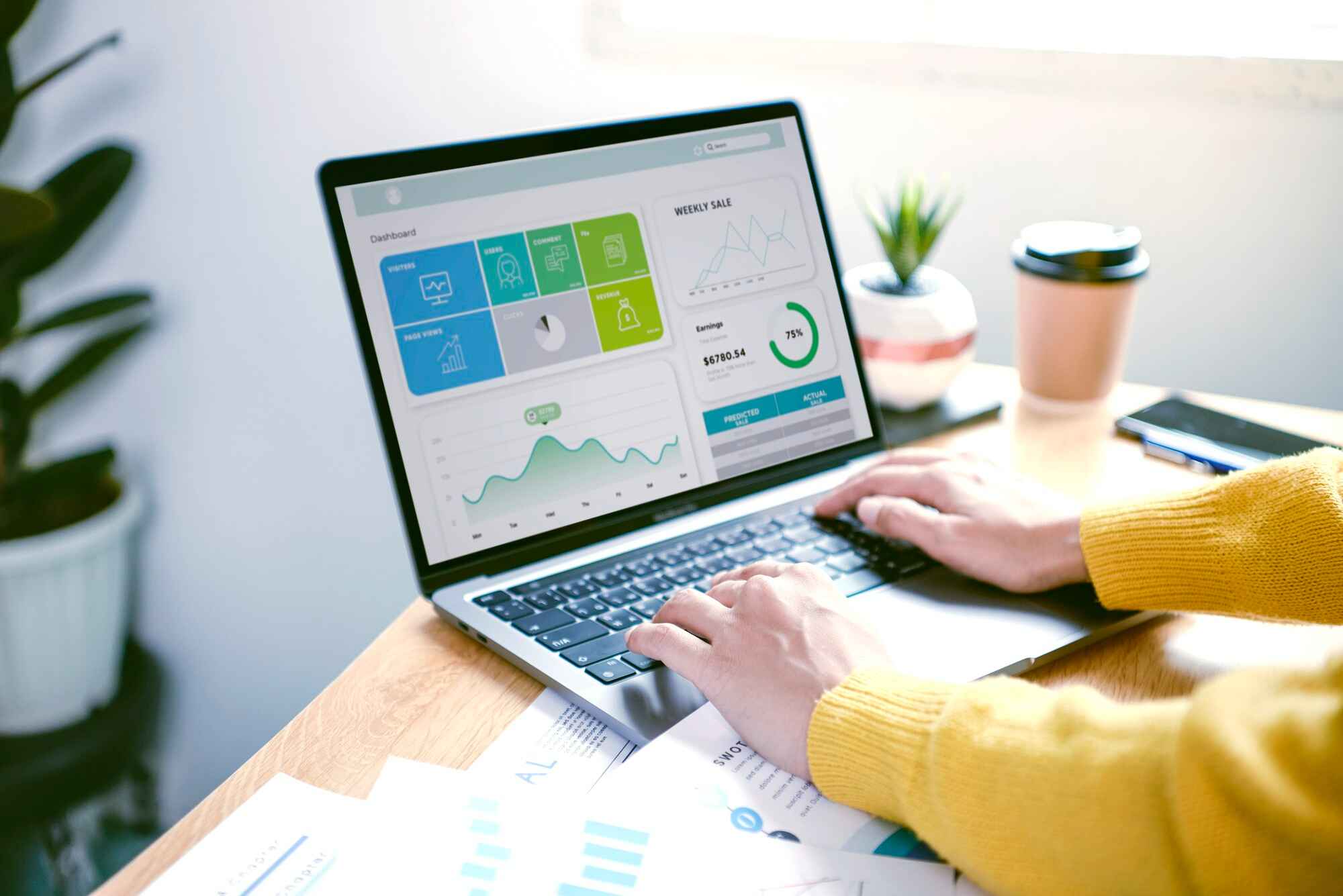
Sales forecasting can be a bit of a guessing game for many small businesses, but with an ERP for small business, it doesn’t have to be. A well-designed ERP system offers insights that help you predict customer demand, set sales targets, and adjust strategies based on real data.
Understanding Sales Trends
An ERP system collects valuable data on sales patterns, making it easy to spot seasonal trends, preferred products, and purchasing behaviour. This visibility means that instead of guessing what might sell, you can adjust stock, plan promotions, and tailor your offerings according to actual trends in the market.
Real-Time Data for Better Planning
One key feature of an ERP system for small businesses is its ability to deliver real-time updates. This allows you to see exactly how your sales and inventory are performing. In Malaysia, for example, if a particular product is popular during festive seasons like Hari Raya, Deepavali or Christmas, you can plan ahead and keep stock levels high when demand peaks.
Enhanced Inventory Management
Accurate sales forecasting through ERP software also prevents the all-too-common issue of overstocking or understocking. By tracking which products are in high demand and when, you avoid tying up cash in unsold items or disappointing customers with out-of-stock items. This keeps your business responsive and agile.
Financial Insights for Smarter Decisions
ERPs also provide detailed financial reports that link your sales data to broader business metrics. This helps you evaluate how different products or services contribute to your bottom line. You can even break down data to see how individual sales reps are performing, allowing you to set realistic goals.
Adapting to Changing Markets
In fast-paced industries like F&B, e-commerce, and retail, trends can shift quickly. An ERP for small business enables you to react to changes in customer preferences, supply chain issues, or unexpected events. With this agility, you stay competitive and keep customers happy.
2. Automating Lead Tracking with ERP
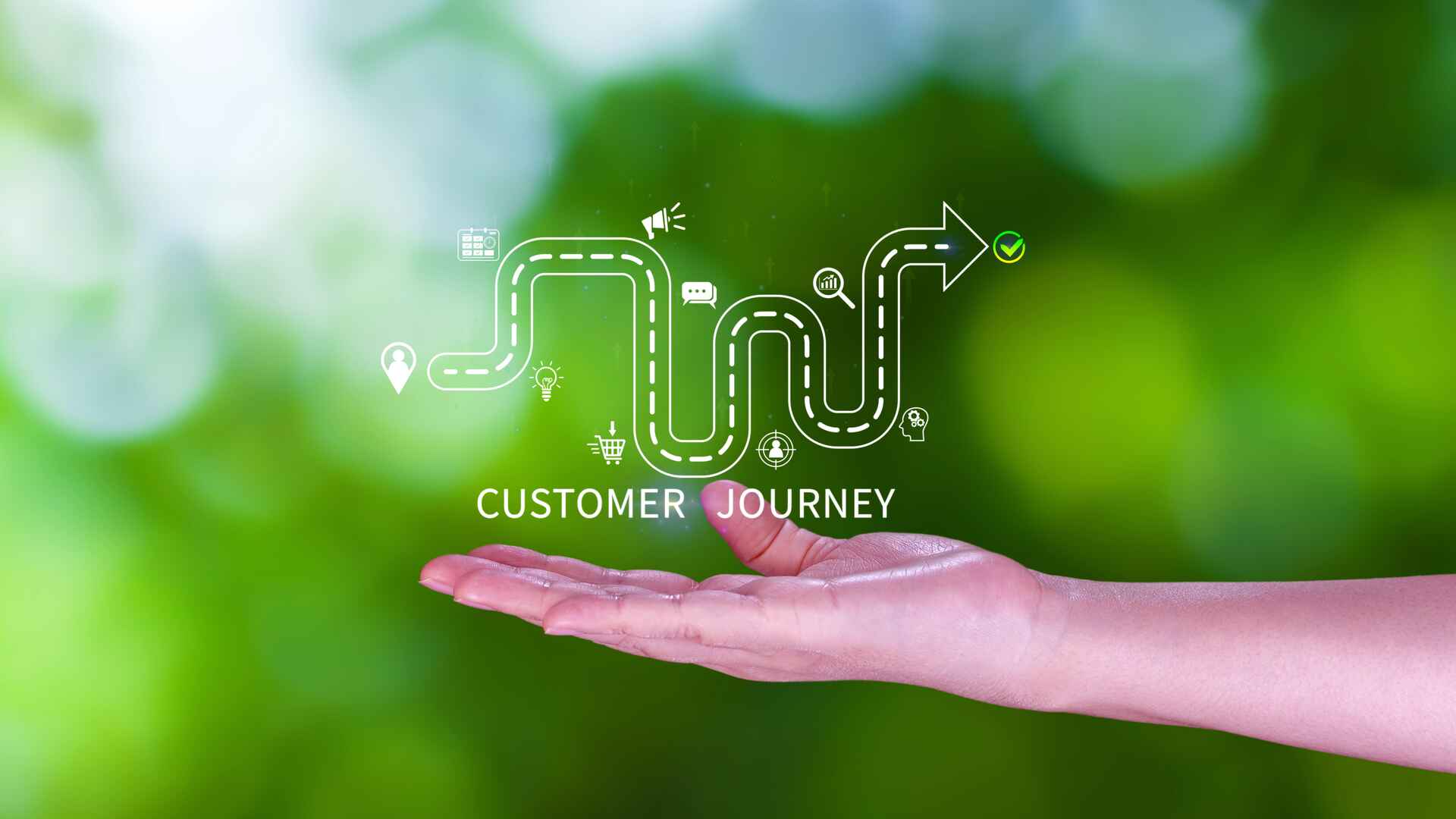
Lead tracking is crucial for small businesses trying to keep up with competitors. With an ERP for small business, you can automate lead tracking and focus on what really matters: building relationships and closing sales.
Centralised Lead Database
An ERP system helps you manage leads by consolidating all lead information in one place. This means you’ll no longer have to search through spreadsheets or lose track of potential customers. Instead, you can organise leads based on sources, demographics, or other preferences, ensuring that you never miss an opportunity.
Lead Scoring for Prioritisation
Effective lead tracking also involves knowing which leads are most likely to convert. An ERP solution can help with this by implementing a lead scoring system. Each lead receives a score based on factors like past purchases, engagement, and response time. This way, you and your team can prioritise high-quality leads and close deals faster.
Automated Follow-Up Reminders
One common challenge in small business sales is remembering to follow up. With an ERP, you can set automated reminders to follow up with leads at the right time. Whether it’s a customer asking about a new product or a lead interested in a service, this ensures you’re staying in touch without having to keep manual tabs.
Performance Tracking and Insights
An ERP system also provides valuable metrics on how well your lead management strategies are working. You can monitor how many leads are coming from specific campaigns, analyse conversion rates, and assess the performance of your sales team. This data helps you identify which tactics are working best for your market.
Integrating with Other Channels
By linking your ERP with platforms like email marketing or social media, you can seamlessly track leads generated from multiple sources. This integration enables you to see the full journey of each customer, from the first contact to the final purchase. It’s a powerful way to understand customer behaviour and refine your marketing approach.
3. Customer Relationship Management in ERP

Customer relationships are the backbone of any business, and a robust ERP system ensures you build these relationships effectively. ERP for small business brings CRM features that help you track customer interactions, analyse preferences, and build loyalty.
360-Degree Customer View
An ERP solution with CRM functionalities consolidates all your customer data, giving you a comprehensive view of each customer’s purchase history, preferences, and past interactions. This allows you to provide personalised service, a key factor in customer retention in competitive Malaysia markets.
Streamlining Customer Support
Customers expect quick and effective support, especially in today’s fast-paced environment. With ERP, your support team can access customer data instantly, helping resolve issues faster. This is a win for businesses that value excellent customer service, especially in industries like retail and hospitality.
Loyalty Programs and Rewards
Many ERPs allow you to integrate loyalty programs directly into the system, offering a seamless experience for both you and your customers. By understanding customer spending patterns, you can tailor rewards that keep them coming back, whether it’s points, discounts, or VIP access.
Not sure what to do with loyalty program? Click here to learn How to Start an Engaging Customer Loyalty Program.
Sales Insights for Relationship Building
ERP solutions often provide valuable insights into buying behaviours, which you can use to strengthen customer bonds. If a loyal customer typically purchases certain products, you can proactively inform them of discounts or new arrivals.
Enhancing Marketing Campaigns
Zoomo Tech’s Custom ERP solutions, for instance, could integrate with CRM to enhance marketing campaigns by segmenting customers based on behaviour and demographics. This integration helps you send targeted campaigns that resonate more with your audience, driving both engagement and conversions.
4. Integrating Marketing Channels into ERP
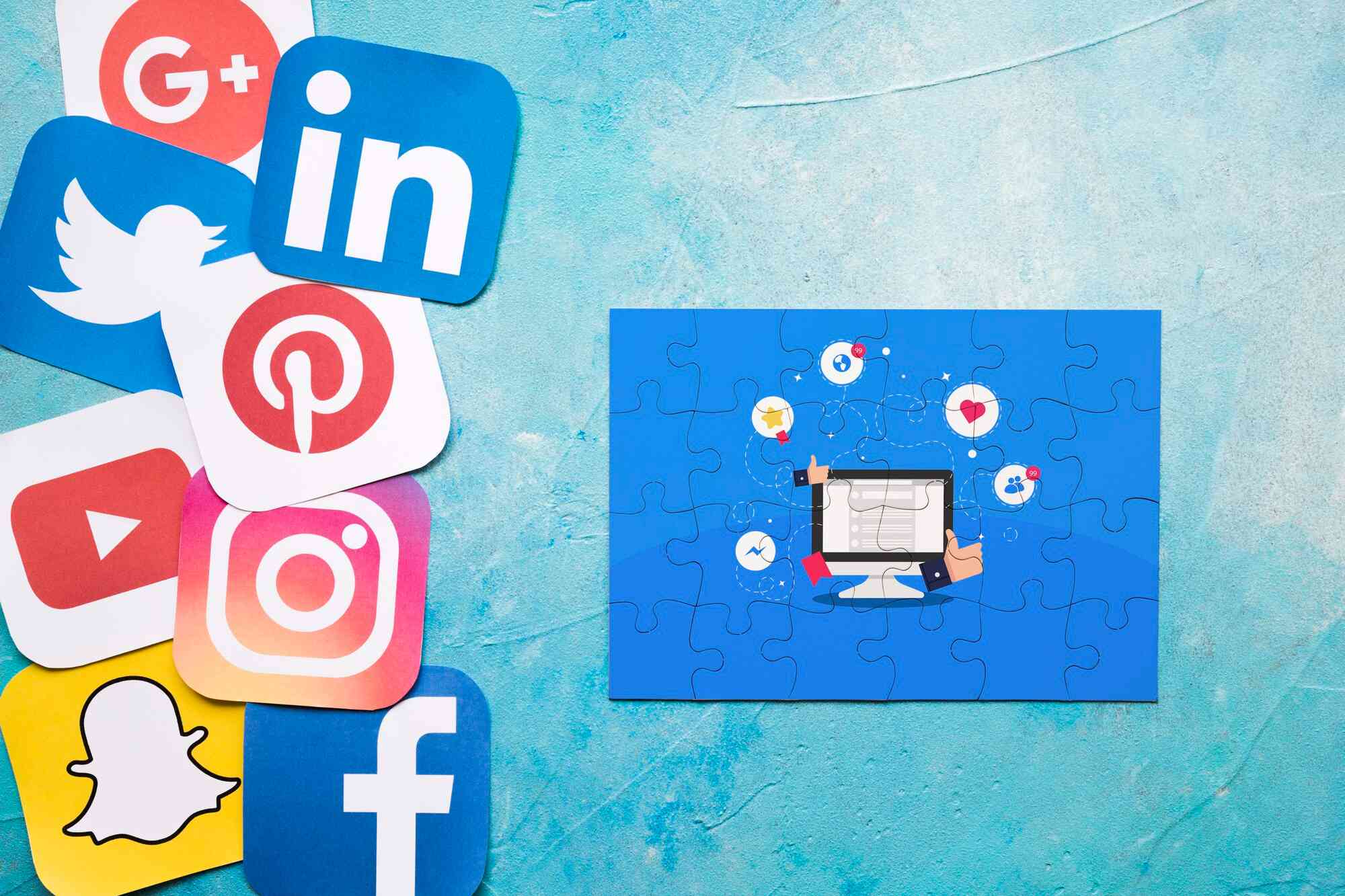
For small businesses, managing multiple marketing channels can be challenging. Integrating these channels into an ERP system ensures a streamlined approach, providing a holistic view of your marketing efforts and enabling a more cohesive strategy.
Automating Marketing Tasks
Tasks such as sending welcome emails, promotional messages, or cart abandonment reminders can all be automated within an ERP system. This not only improves efficiency but also helps in engaging customers at the right times without manual effort.
Measuring ROI on Marketing Spend
Custom ERP systems help businesses track ROI for each marketing channel, giving a clear view of how well each campaign contributes to revenue. This enables better budgeting and smarter decision-making for future campaigns.
Improving Content Strategy through ERP Insights
Creating engaging content starts with understanding your audience, and ERP excels in providing those insights. By analysing customer purchase histories, demographics, and preferences, an ERP system helps shape a content strategy that resonates with your audience. Whether it’s blog posts, email campaigns, or video ads, ERP data ensures your messaging aligns with customer needs. This tailored approach not only boosts engagement but also strengthens your brand’s connection with potential and existing customers.
Simplifying Multi-Channel Advertising Budgets
Managing advertising across multiple platforms like Google Ads, Facebook, and TikTok can be a challenge. ERP systems streamline this by consolidating ad budgets, performance metrics, and spend data into one place. This makes it easier to allocate funds to high-performing campaigns and quickly identify underperforming ones. ERP ensures that your marketing investment remains efficient, helping you achieve higher returns while reducing wasteful spending.
ERP-Driven Customer Feedback Loops
Understanding your customers goes beyond sales—it’s about knowing what they love or dislike about your products and services. ERP systems can integrate customer feedback from surveys, social media comments, and reviews, providing a full picture of your brand’s performance. These insights allow you to tweak your marketing campaigns, address customer pain points, and highlight your strengths, keeping your business aligned with customer expectations.
5. Enhancing Sales Team Collaboration

Teamwork is vital for any sales team, and an ERP for small business boosts collaboration by ensuring everyone has access to the same information. This is especially beneficial for small businesses looking to build a unified, efficient team.
Task Management and Accountability
With built-in task management features, ERP software enables team leaders to assign responsibilities and set deadlines. This helps hold team members accountable and keeps everyone on track. For small teams, this clarity can be a game-changer in maintaining high performance.
Performance Tracking and Goal Setting
ERPs allow managers to set sales targets and monitor progress, helping the team stay motivated and focused. They can see how individual efforts contribute to the overall goal, fostering a collaborative, results-driven culture.
Incentive Schemes Integration
To motivate teams further, businesses can integrate incentive schemes into their ERP, tracking achievements and distributing rewards. This can be particularly effective in Malaysia, where incentives such as bonus structures are commonly used to boost team performance.
Streamlining Interdepartmental Coordination
Sales teams often rely on inputs from other departments like marketing, finance, and logistics. ERP bridges these gaps by integrating processes across departments, ensuring seamless communication and workflow. For instance, a salesperson can instantly check the availability of products in inventory or confirm a client’s credit limit with finance. This smooth interdepartmental collaboration minimises delays and helps teams respond to customer needs more effectively.
6. Improving Customer Experience with ERP Insights
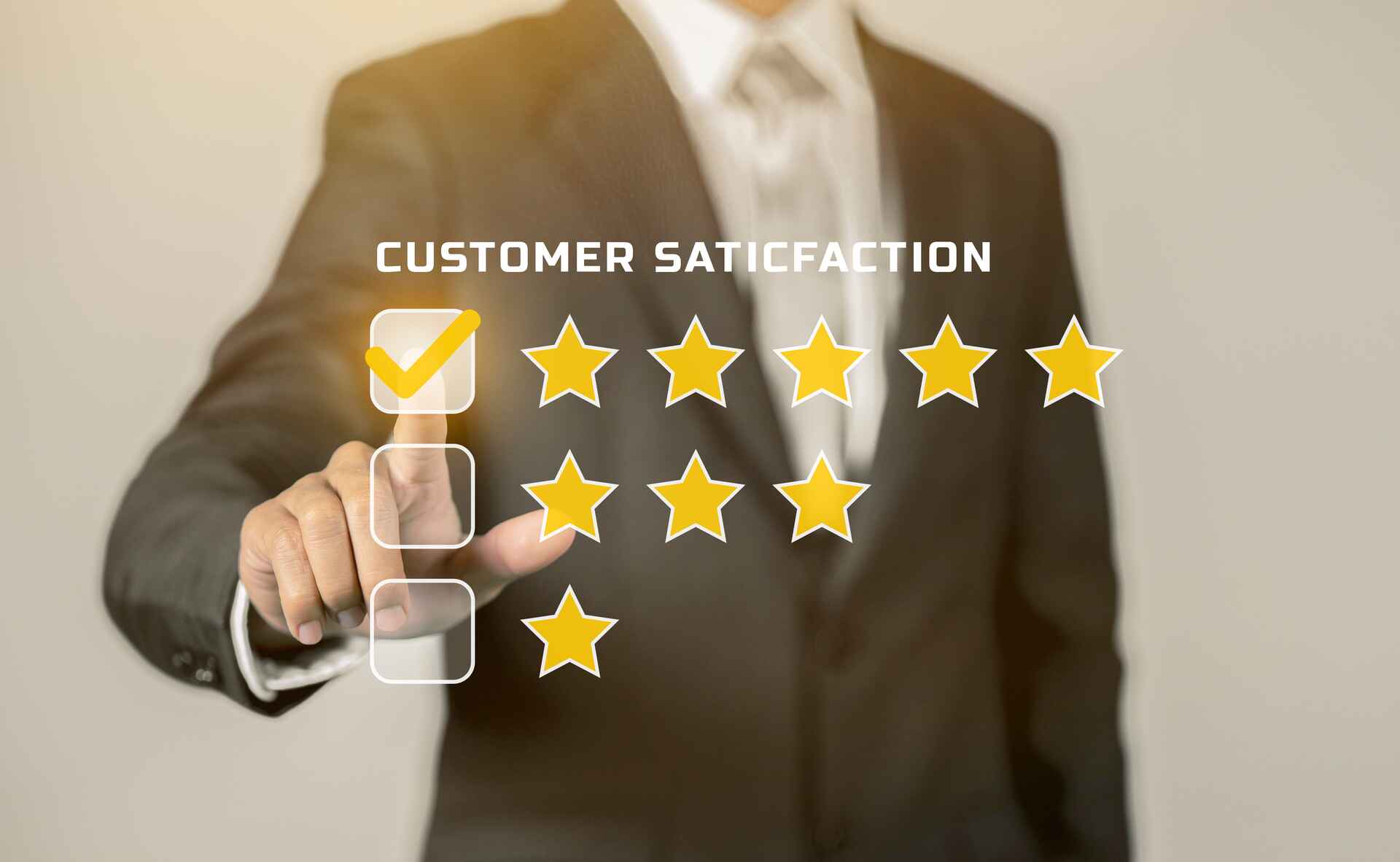
A well-implemented ERP system for small business doesn’t just benefit internal operations; it can also transform the customer experience. With deeper insights into customer behaviour, businesses can offer more personalised and efficient service.
Faster Response Times
One of the top benefits of an ERP system is streamlined customer service. By accessing customer data instantly, your team can respond quickly to inquiries and resolve issues, enhancing the overall customer experience.
Accurate Order Tracking
Customers appreciate transparency, especially with order tracking. An ERP for small business provides real-time updates, ensuring customers know when to expect their orders. This is especially relevant in e-commerce, where customer expectations are high.
Proactive Customer Support
An ERP system can alert you to issues like delayed shipments or stock shortages, allowing you to proactively address potential customer concerns. This level of service builds trust and demonstrates your commitment to customer satisfaction.
Enhancing Post-Purchase Engagement
ERP systems support post-purchase initiatives like automated follow-ups, loyalty program management, and personalised thank-you messages. By maintaining communication after a sale, you reinforce trust and keep customers coming back. Additionally, features like automated warranty tracking or service reminders show that you genuinely care about your customers’ satisfaction even after the transaction.
7. ERP Tools for Order Processing and Tracking
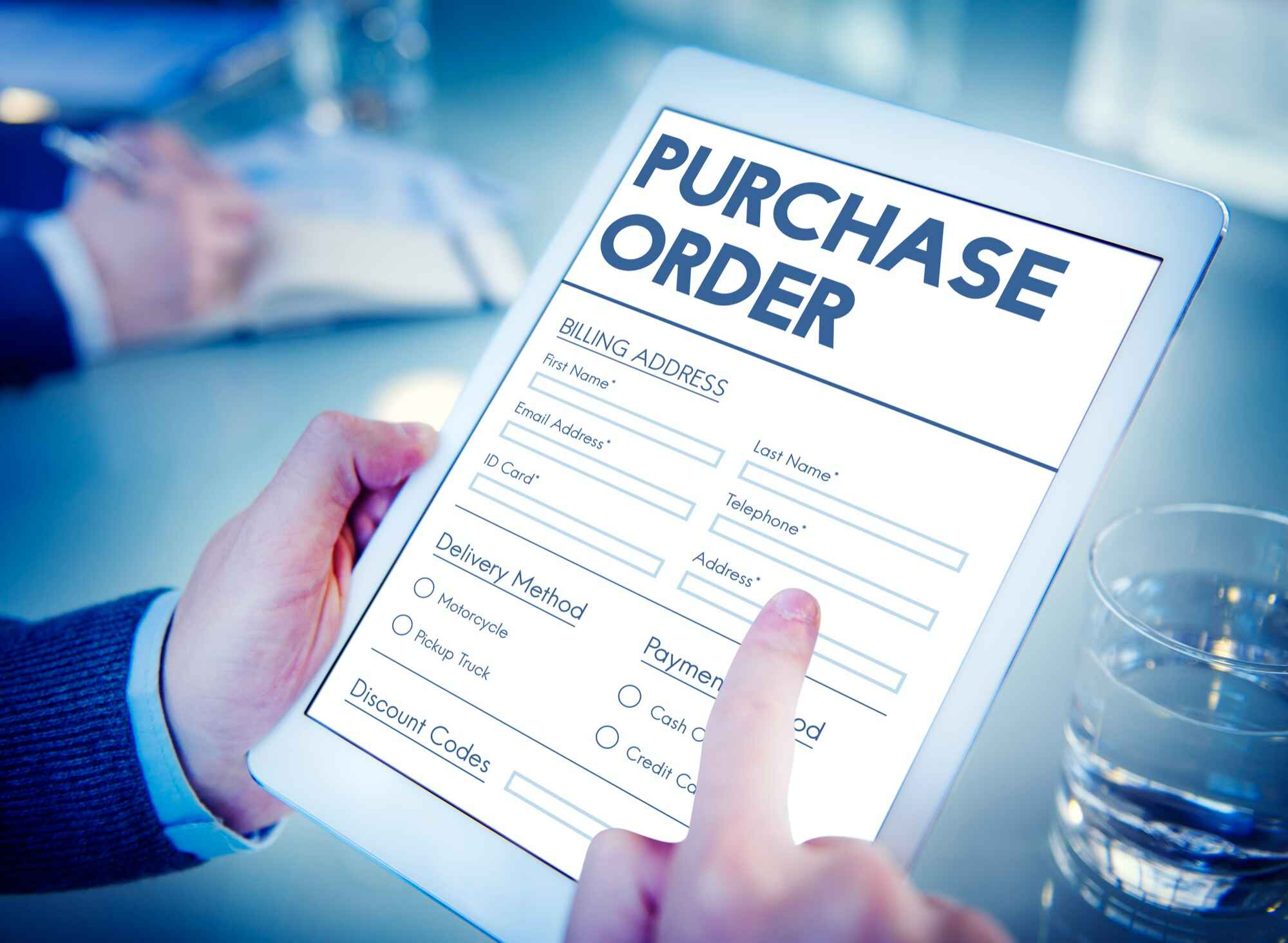
Order processing is a critical part of sales for small businesses, and an ERP system optimises this process by providing end-to-end tracking. This reduces errors and ensures customers receive accurate, on-time deliveries.
Efficient Order Entry
With an ERP system, you can automate the order entry process. This not only reduces the likelihood of human error but also speeds up the overall order processing time, giving you a competitive edge.
Real-Time Inventory Updates
By integrating with inventory management system, an ERP process order automatically, showing stock levels in real time. For small businesses with limited inventory, this feature prevents over-promising and helps you make better purchasing decisions.
Seamless Fulfillment Tracking
ERP systems allow you to monitor the fulfilment process from start to finish, so you can spot delays and resolve issues immediately. This transparency boosts customer confidence, especially in industries like F&B and retail, where timeliness is crucial.
Automated Invoicing and Billing
An ERP system can generate invoices automatically, simplifying billing and ensuring timely payments. For small businesses, this feature saves valuable time that can be redirected towards more strategic activities.
8. Financial Management Made Simple with ERP

Financial management is often complex for small business owners, but an ERP system simplifies this crucial area. By centralising financial processes, ERP allows you to manage cash flow, expenses, and budgeting seamlessly, making it an essential tool for financial clarity.
Real Time Financial Reporting
ERP systems generate live financial reports, allowing you to monitor cash flow and track expenses. This instant access to data helps you make well-informed decisions that align with your business goals, crucial for small businesses managing tight budgets.
Simplified Budgeting and Forecasting
Budgeting and forecasting are streamlined with ERP, as you can project future revenue and expenses based on historical data. This allows for realistic financial planning and helps you avoid overspending, a common challenge for growing businesses in Malaysia.
Accounts Payable and Receivable Management
With an ERP, tracking payables and receivables becomes easier, ensuring timely payments to suppliers and efficient collections from customers. This organised approach to cash flow management keeps your business on solid financial ground.
Automated Payroll Processing
Payroll management is automated in many ERP systems, helping you handle employee compensation accurately and on time. For small businesses in Malaysia, where managing payroll compliance is a challenge, this feature helps meet statutory requirements with minimal effort.
Tax Compliance Made Easy
A localised custom ERP systems are designed with local tax compliance in mind, helping small businesses in Malaysia handle tax reporting and submissions accurately. This eliminates the stress of tax season and helps you focus on growing your business.
Conclusion
Implementing an ERP for small business offers immense potential to simplify everything from sales forecasting and lead tracking to customer management and inventory control. Each section of this article highlights how ERP can boost your sales, enhance team collaboration, improve customer experience, and support effective decision-making through data-driven insights.
If you’re ready to simplify your operations and grow, Zoomo Tech is here to help. With our expertise in ERP systems customised for Malaysian small businesses, we’re dedicated to providing affordable, efficient solutions that meet your unique needs. Contact us today to discover how we can help drive your business forward with ERP!


